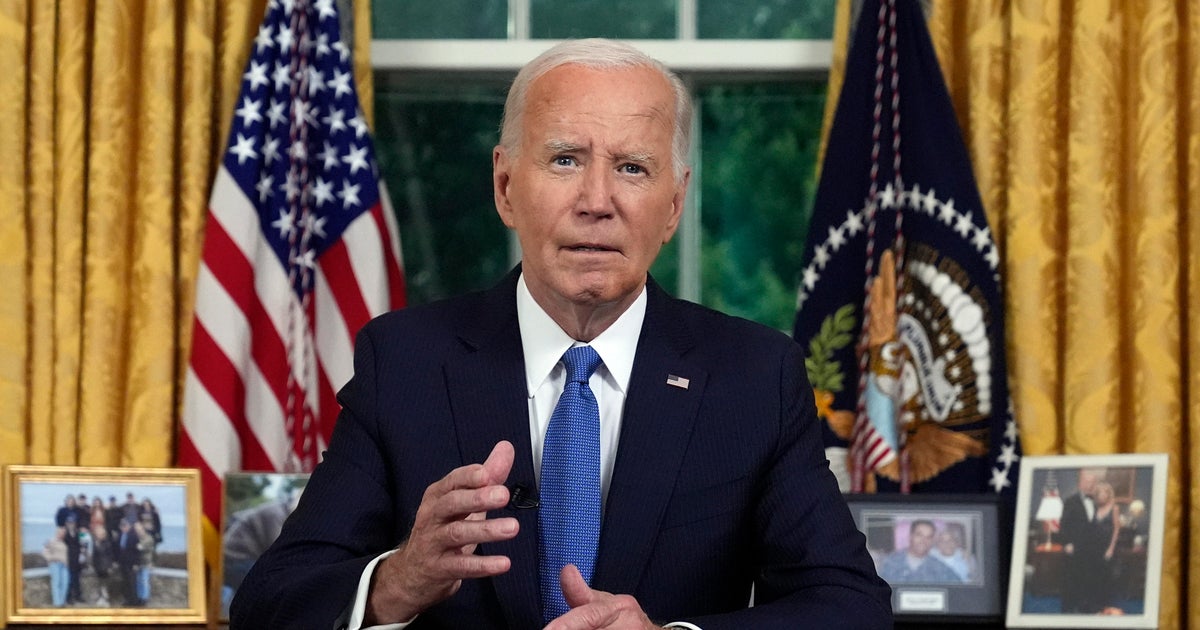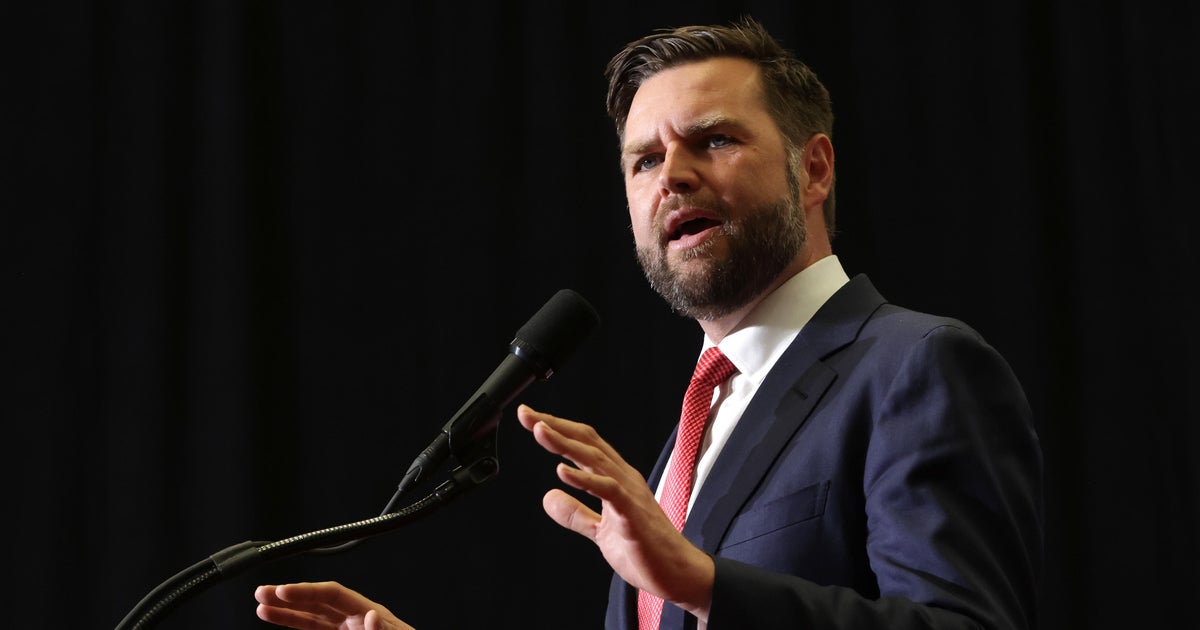Climate politics and the bottom line — CBS News poll
For many years, addressing climate change has been framed, at least in political debates, as one that carries an economic tradeoff: Could we afford to do it, even if we think it's otherwise a good idea, or would it cost jobs and money in a world so dependent on fossil fuels?
This framing endures today in many ways — especially on a personal level, if not a macro one.
People are far more likely to oppose U.S. efforts to combat climate change if they think it will hurt their personal finances.
In fact, a majority of those who think efforts to reduce climate change will hurt them financially are in principle opposed to the U.S. taking steps on climate change, even as the rest of the nation breaks heavily in favor of that.
Moreover these Americans extrapolate out and think a switchover to renewable energy, in particular, hurts the U.S. economy and hurts jobs.
So, who are they? For one thing, these folks seem highly sensitive to the price of gas — which may be one of the most immediate ways people believe they can measure any impact. If they report the price of gas has been a hardship or difficult for them, they are — by a double-digit-point difference — more likely to think efforts to reduce climate change hurt them.
But there's another way to measure personal economic impact, too, and that's in damage from weather events.
A third of the country says their community has suffered damage from hurricanes, floods, fires and heat.
Those people are much more likely to favor efforts to fight climate change and almost twice as likely to say efforts to fight climate change would help them financially.
Finally, having said all that, there are a lot of people who outright reject the tradeoff framing in the first place — at least as it concerns energy production. Almost eight in 10 think it is possible to both increase energy production and protect the climate.
And so, when people turn and look at the macro picture, there is little consensus on whether or not fighting climate change helps or hurts the larger economy.
Biden climate agenda
And half of Americans have heard not much or nothing about what the Biden administration has done about climate change. Only 14% say they've heard a lot.
And two-thirds don't know if their state has gotten federal funds for climate change projects.
When people are specifically asked about some of the Biden administration's policy programs, a lot of them gain at least net favor over opposition, at least in principle, though many still have not heard about them.
But the fact that people more broadly don't feel they know a lot about Biden administration plans for climate change — while at the same time a large majority say they support U.S. efforts to combat it, at least in principle — could signal that people aren't connecting the president's specific plans and policies to that larger goal.
Of course, this is an argument the Biden administration, like many Democrats, has been making — that renewable energy and helping the climate makes financial sense, too.
Take a closer look at one initiative — the move toward electric vehicles. There's a slight majority in favor of that move.
But here too, one of the reasons people oppose such a policy, when they do, centers around economics: They think it will hurt the economy and jobs. (The other is a more general opposition to what they see as imposing a choice.)
This CBS News/YouGov survey was conducted with a nationally representative sample of 2,230 U.S. adult residents interviewed between April 16-19, 2024. The sample was weighted according to gender, age, race, and education based on the U.S. Census American Community Survey and Current Population Survey, as well as past vote. The margin of error is ±2.7 points.















